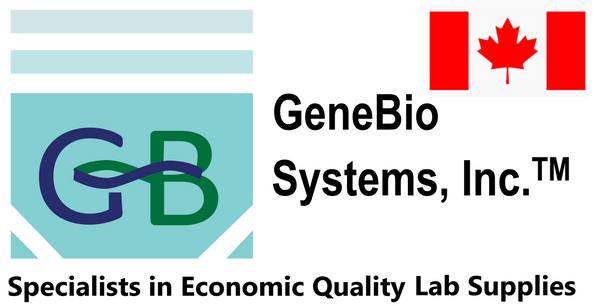Gene Bio Systems
Recombinant BK polyomavirus Major capsid protein VP1
Recombinant BK polyomavirus Major capsid protein VP1
SKU:CSB-EP360953BGY
Couldn't load pickup availability
Size: 200ug. Other sizes are also available. Please Inquire.
In Stock: Yes
Lead time: 3-7 working days
Research Topic: Microbiology
Uniprot ID: P03088
Gene Names: N/A
Organism: BK polyomavirus (BKPyV)
AA Sequence: MAPTKRKGECPGAAPKKPKEPVQVPKLLIKGGVEVLEVKTGVDAITEVECFLNPEMGDPDENLRGFSLKLSAENDFSSDSPERKMLPCYSTARIPLPNLNEDLTCGNLLMWEAVTVQTEVIGITSMLNLHAGSQKVHEHGGGKPIQGSNFHFFAVGGEPLEMQGVLMNYRSKYPDGTITPKNPTAQSQVMNTDHKAYLDKNNAYPVECWVPDPSRNENARYFGTFTGGENVPPVLHVTNTATTVLLDEQGVGPLCKADSLYVSAADICGLFTNSSGTQQWRGLARYFKIRLRKRSVKNPYPISFLLSDLINRRTQRVDGQPMYGMESQVEEVRVFDGTERLPGDPDMIRYIDKQGQLQTKML
Expression Region: 1-362aa
Sequence Info: Full Length
Source: E.coli
Tag Info: N-terminal 10xHis-SUMO-tagged and C-terminal Myc-tagged
MW: 60.1 kDa
Alternative Name(s): Major structural protein VP1
Relevance: Forms an icosahedral capsid with a T=7 symmetry and a 50 nm diameter. The capsid is composed of 72 pentamers linked to each other by disulfide bonds and associated with VP2 or VP3 proteins. Interacts with gangliosides GT1b and GD1b containing terminal alpha2-8-linked sialic acids on the cell surface to provide virion attachment to target cell. This attachment induces virion internalization predominantly through caveolin-mediated endocytosis and traffics to the endoplasmic reticulum. Inside the endoplasmic reticulum, the protein folding machinery isomerizes VP1 interpentamer disulfide bonds, thereby triggering initial uncoating. Next, the virion uses the endoplasmic reticulum-associated degradation machinery to probably translocate in the cytosol before reaching the nucleus. Nuclear entry of the viral DNA involves the selective exposure and importin recognition of VP2/Vp3 nuclear localization signal. In late phase of infection, neo-synthesized VP1 encapsulates replicated genomic DNA in the nucleus, and participates in rearranging nucleosomes around the viral DNA
Reference: "The Polyomaviridae: Contributions of virus structure to our understanding of virus receptors and infectious entry." Neu U., Stehle T., Atwood W.J. Virology 384:389-399(2009)
Purity: Greater than 85% as determined by SDS-PAGE.
Storage Buffer: Tris-based buffer,50% glycerol
Storage: The shelf life is related to many factors, storage state, buffer ingredients, storage temperature and the stability of the protein itself. Generally, the shelf life of liquid form is 6 months at -20℃/-80℃. The shelf life of lyophilized form is 12 months at -20℃/-80℃.
Notes: Repeated freezing and thawing is not recommended. Store working aliquots at 4℃ for up to one week.


